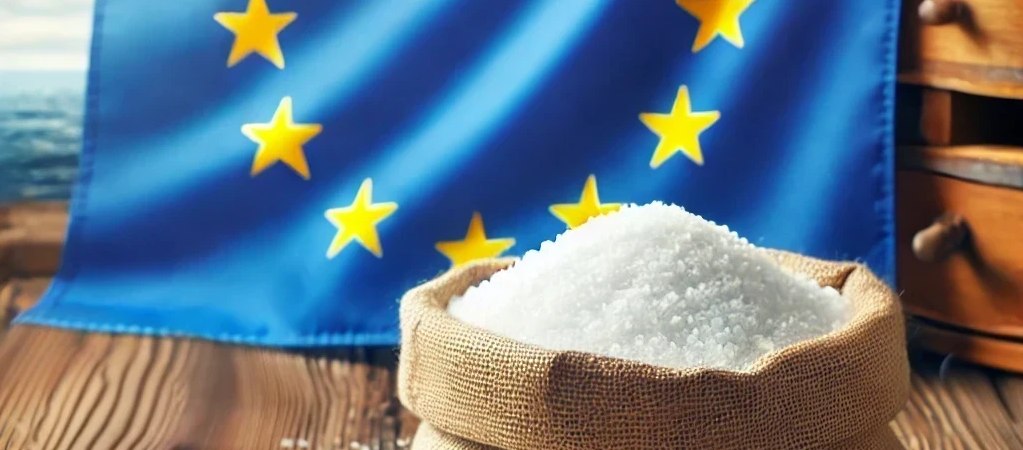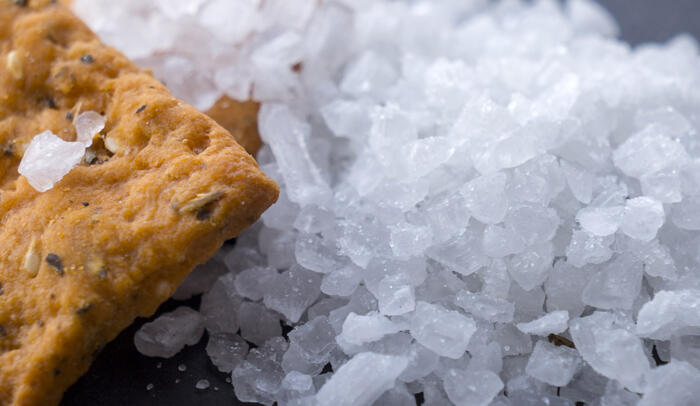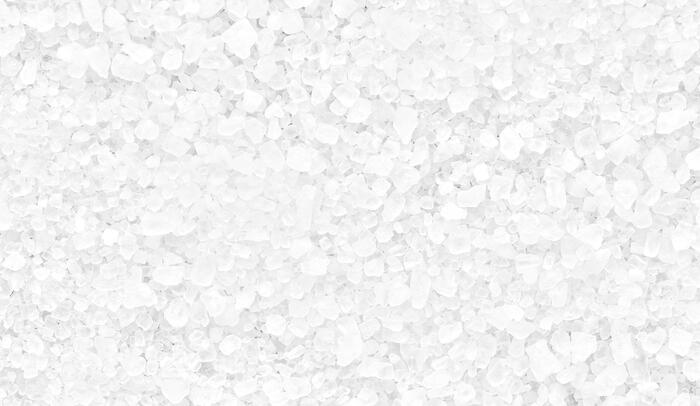Organic salt in Europe: what is the current legal situation?
The regulations surrounding organic salt are currently in flux. In 2024, France became the first EU member state to approve a national specification for organic salt. But what about the European level? And can you, as a producer, still use regular salt in your organic products for the time being?

European context: a faltering organic framework
In 2022, the European Commission proposed a delegated regulation to govern organic salt production. But in 2023, the European Parliament rejected this proposal by a large majority. Critics considered the proposed rules too vague and ill-conceived.
The result: there is no European regulation for organic salt. Organic producers may therefore use regular salt in their products.
Read the opinion piece by EU Salt, the association of European salt producers:
France introduces its own organic salt regulation
France responded by drafting its own national specification. On July 15, 2024, this was officially approved (source: Journal Officiel de la République Française). The document aligns with the (rejected) EU proposal but includes stricter ecological criteria. The following practices are, among others, prohibited:
- use of plastic in salt ponds;
- artificial drying using non-renewable energy;
- processing techniques that dissolve and recrystallize the salt.
France also requires an environmental impact assessment for new or adapted salt production units. This means that only salt produced in accordance with this specification may be marketed as organic in France.
What is the best alternative for ecologically responsible salt?
For producers aiming to commit to sustainability, several options are available:
- Use natural high-quality sea salt, harvested through solar evaporation, without chemical treatment or additives.
- Work with suppliers who follow ecological principles. For example, rely on sustainability reports provided by suppliers.
- Opt for transparent labelling, such as: “contains natural sea salt without additives”—as long as the EU organic logo is not used for the salt itself.
Conclusion
At present, there is no European framework for organic salt. Producers of organic products who want to use ecologically responsible salt would do best to choose high-quality, natural sea salt without additives—thus anticipating tomorrow’s standards.
Would you like to explore organic salt or make your product range more sustainable? ZOUTMAN is happy to support you. Together, we make the difference—grain by grain.
Do you have questions about organic salt?
There’s still a lot of uncertainty surrounding organic salt. We’re happy to help you make sense of it all — with accurate information and personalised advice, completely without obligation.
Contact Us


